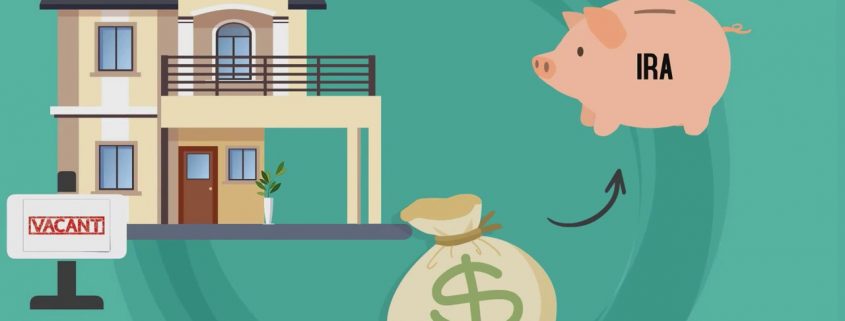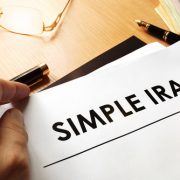What to Know Before Starting a Real Estate IRA
For countless investors, having a piece of real estate—or pieces—can be a wonderful way to plan for retirement. Not only does this provide an extra layer of security for retirement, but it can also provide income that extends your ability to build wealth. That’s why so many people turn to the Real Estate IRA—or the Self-Directed IRA in which you place real estate investments—to help prepare a nest egg for retirement. But what does it entail, and what are the rules you’ll need to know before starting one?
Understanding the Investment Options with a Real Estate IRA
It starts with knowing what sorts of investment options you might have when you turn to a Real Estate IRA. And while there are a broad range of real estate assets you can invest in, it especially helps to know how you can invest in these options.
For starters, as we note at our Self-Directed Real Estate IRA page, investors can borrow money within a Self-Directed IRA to purchase real estate. There are some limits to this, such as having to use non-recourse financing. However, this makes it possible for the IRA itself to borrow money and invest in a real estate property.
Once owned, the Self-Directed IRA would defer to a property manager to collect the income and pay the expenses on the asset. This profit would then go into your retirement account rather than to you directly, in keeping with retirement investing rules.
You can then sell property within the Self-Directed IRA, without having to worry about the capital gains taxes—after all, the selling of this property is happening within a Self-Directed IRA. This is one of the chief reasons so many people turn to Self-Directed IRAs for real estate investments.
What are the Rules of a Self-Directed Real Estate IRA?
Knowing the basics helps. But when you dive into real estate investing within an IRA, it helps to know the rules that you have to adhere to. Knowing these rules can mean the difference between a valid retirement investment and the possibility that you didn’t make a valid retirement investment, which can expose you to risks like fees and taxes.
To start with, you have to know that within a Self-Directed IRA, neither you nor any disqualified person (such as a spouse, family member, etc.) can use the property. The property will be the owned asset of your Real Estate IRA, meaning that all legal documents will be vested in the name of your IRA. When working with American IRA, for example, it might be listed as “American IRA, LLC FBO Your-Name IRA.” You also cannot purchase the property from yourself—i.e., buying the property off of your IRA, as this would be transacting with yourself. Similarly, you can’t do the same with disqualified persons.
You would not be permitted to manage, repair, nor service the property yourself—again, you would have to rely on a property manager to handle this for the IRA. The IRA will own the property and handle it in a passive role, keeping your personal investments separate from the property.
Once you know these rules, it can be much more intuitive to own a Real Estate IRA than you might have imagined. But it never hurts to work with someone on your side who can help you with a Real Estate IRA’s administration. Enter American IRA, a Self-Directed IRA administration firm who can serve as custodian on the account. Want to know how it all works? Reach out to us at 866-7500-IRA today.







